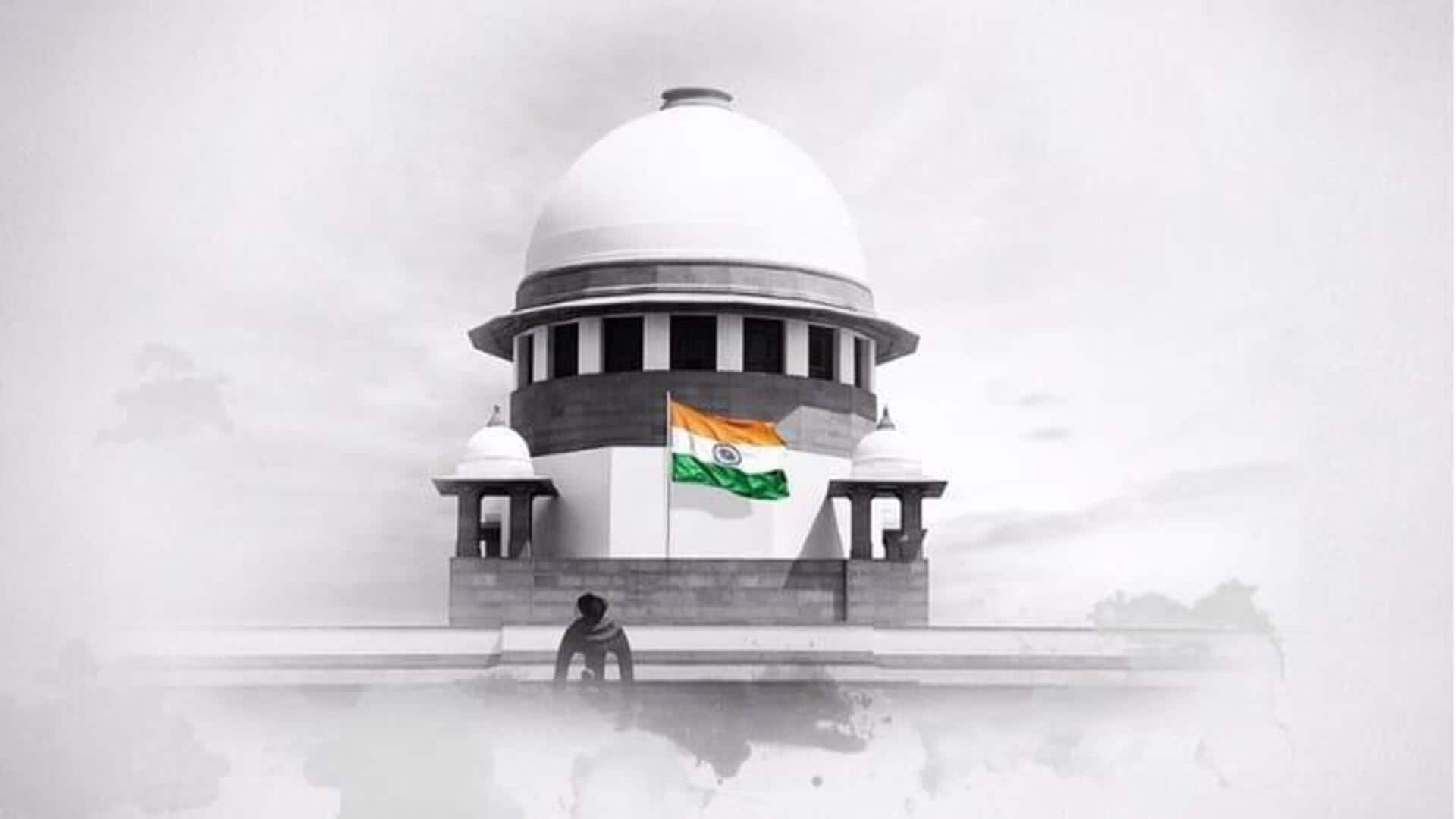
SC pulls up Centre over delay in '70 collegium resolutions'
What's the story
The Supreme Court (SC) on Tuesday questioned the central government's delay in the appointment and transfer of 70 judges despite recommendations by high court collegiums, Live Law reported. The decision has been pending before the Centre for over 10 months, leading to many advocates withdrawing their consent. Reportedly, the court has decided to monitor the matter on a regular basis. It also asked Attorney General R Venkatramani to provide an update on the matter on October 9.
Context
Why does this story matter?
The Centre has been pushing for its representation in the appointment process of the judges, which has been under the Supreme Court's Collegium since 1993. The problem escalated after the court denied the government's move. Former SC judges also took on former Law Minister Kiren Rijiju over the matter. In January, the collegium caused concern in the security establishment after it allegedly published secret intelligence reports on the appointment of judges in the high courts on the SC website.
Details
Collegium recommendations pending with Centre for 10 months: SC
Justice Sanjay Kishan Kaul said the recommendations on the appointment of judges older than 10 months were still pending with the central government, even as the SC Collegium reiterated some of the names, per Moneycontrol. He reportedly observed that the government should forward names to the SC collegium within four months of the HC collegiums making their recommendations. Justice Kaul reportedly indicated that he would monitor the status every 10 days until he retires from the SC in December 2023.
What Next?
Deserving candidates withdraw amid delays
Live Law reported that delays in processing recommendations have led to many advocates and other deserving candidates withdrawing their consent. Senior advocate Arvind Datar, representing petitioners, stated that it conveys the wrong message when the Centre does not clear names for judgeship despite the SC collegium's reiteration. To recall, a major controversy over the appointment and transfer of judges erupted when Rijiju suggested including a government representative in the search-cum-evaluation committee, causing division among lawyers in the collegium system.
Insights
SC emphasized timely appointments for judicial integrity
In February 2023, the SC also warned the Centre of unpalatable actions if recommendations were not processed timely. According to the court's judgment in PLR Projects versus Mahanadi Coal Fields (2019), once the collegium reiterates a recommendation, the Union government cannot delay the appointment. The current situation highlights the need for timely processing and transparency in the appointment of judges to maintain the integrity of the judiciary.
About
High Court collegium recommendation process explained
Once a high court collegium recommends a candidate for a judgeship, the recommendation is sent to the state government for opinion and then forwarded to the Centre for input. The government conducts background checks through intelligence agencies before sending them to the SC collegium. This process should be completed within four months. The apex court upheld the collegium system's validity in the National Judicial Appointments Commission (NJAC) case in 2015.
Poll